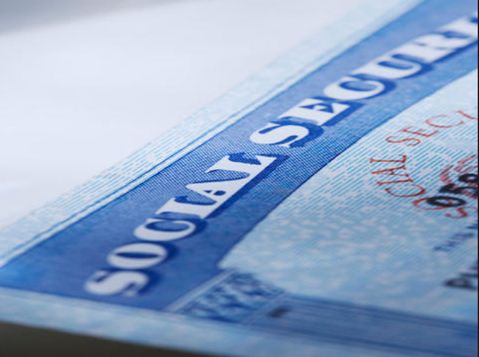Two top-ranking Republican lawmakers are drawing attention to a recent report from the Government Accountability Office (GAO) that details how the Social Security Administration’s (SSA) disability programs are susceptible to fraud.
[The GAO report can be read at the bottom of this post].
The report found that the SSA’s anti-fraud efforts are undermined by “inadequate employee training” and “inadequate planning, data and coordination”.
From The Hill:
The lawmakers, Sen. Orrin Hatch (R-Utah) and Rep. Sam Johnson (R-Texas), cited a federal audit on Wednesday that revealed weak anti-fraud efforts by the Social Security Administration.
Hatch, ranking member of the Senate Finance Committee, released a statement Thursday calling the Social Security response to fraud “woefully insufficient and inadequate.”
Johnson, who chairs the House Ways and Means Subcommittee on Social Security, called on Congress to approve his bill, the Stop Disability Fraud Act, which expands the agency’s investigative manpower and tightens guidelines.
“Medicare doesn’t allow dirty doctors to treat seniors, yet Social Security won’t even question the medical evidence doctors provide,” he said.
The report by the Government Accountability Office (GAO) found that Social Security employees lacked incentives to report and investigate fraud and were often ill-trained to do so.
While the agency has taken steps to detect and investigate potential fraud, the GAO found that “their success is hampered by a lack of planning, data, and coordination.”
The key findings of the GAO report, as summarized in a Senate Finance Committee press release:
Improved Employee Procedures and Training Needed: According the GAO report, “Unless SSA and the DDSs work to remedy performance measures that primarily focus on and reward timeliness, possibly at the expense of delving into potentially problematic claims, the agency will remain vulnerable to potential fraud. Further, absent enhanced and consistent training, front-line staff may lack the expertise to identify and report potential fraud.”
Initiatives Hampered by Mismanagement: According the GAO report, “SSA has launched several initiatives to detect and prevent potential fraud, but their success is hampered by a lack of planning, data, and coordination. … Absent a coordinated and cohesive effort, SSA could undermine the success of its new initiatives and remain vulnerable to physician-assisted fraud in the future.”
Medical Evidence from Sanctioned Physicians: According the GAO report, “SSA has not fully evaluated the risk associated with accepting medical evidence from physicians who are barred from participating in federal health programs. … SSA has some controls in place to help ensure that sanctioned physicians do not perform exams on behalf of the agency. However, the agency could be exposing itself to risk by using medical evidence from physicians who are sanctioned by either federal or state governments.”
The report can be read here.




